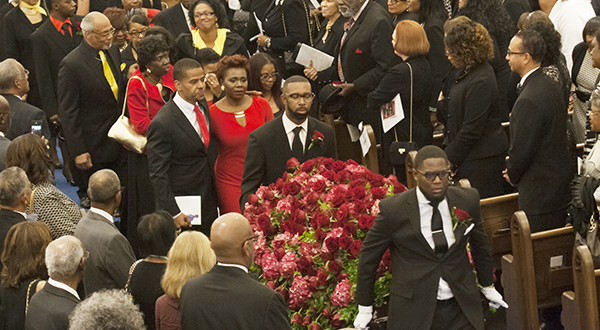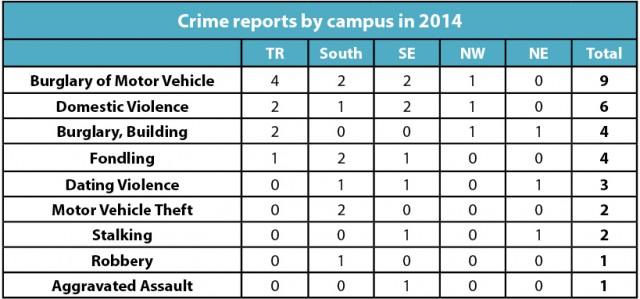By Clark Mills/ reporter
NE students learned how to determine what they actually make during a financial literacy program Oct. 6.
In Employee Compensation: Beyond Salary, NE financial aid specialist Joe Rodriguez presented a breakdown on how to calculate an employee’s total compensation based on things such as salary, overtime pay, cost of living and taxes.
“Your total compensation is more than just your salary or hourly wage,” he said.
The session began with definitions of vacation time, sick leave and overtime pay. Students learned that not all occupations offer overtime pay. Jobs that are non-exempt offer overtime to workers for completing over 40 hours of work in one week. However, most jobs based on salary do not offer their employees overtime. These jobs are overtime exempt.
Rodriguez detailed certain trade-offs that an employee should consider when deciding whether to accept a job offer.
“If you are offered something like more days off rather than a raise, think carefully about your decision,” he said. “Make sure it’s a good trade-off for you.”
Another thing an employee should consider when moving to a new area is the cost of living, Rodriguez said. Cost of living is determined by comparing salary to the cost it takes to live in that area. Many states also charge their residents a state income tax, and those rates vary by state.
Some states have a progressive tax, flat rate tax or no tax at all, such as Texas for example.
The concept of negotiating one’s pay during the hiring process came up several times during the presentation.
“Always shoot high when negotiating your salary,” he said.
Negotiation is a major part of the hiring process, Rodriguez said. While employers may not always meet the interviewee’s standards, usually some middle ground can be found between the two parties. One’s initial base pay can play an essential role in calculating future raises and retirement benefits, he said.




























